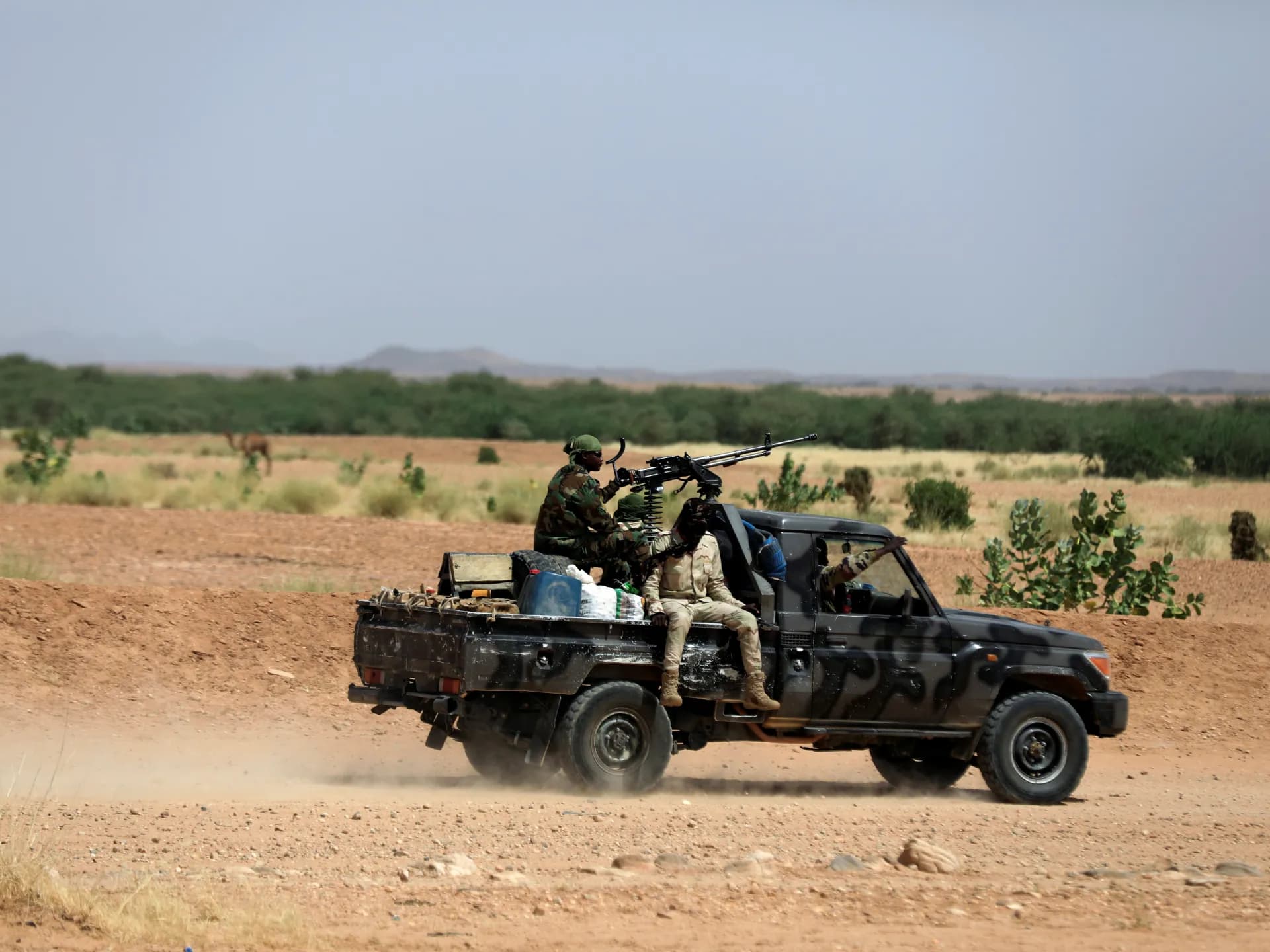We're loading the full news article for you. This includes the article content, images, author information, and related articles.
The African Union has forcefully dismissed allegations of Christian genocide in Nigeria, defending the nation's sovereignty against U.S. military intervention threats. The escalating rhetoric places diplomatic and economic partners, including Kenya, on high alert.

The African Union (AU) has unequivocally rejected claims championed by former U.S. President Donald Trump that a genocide against Christians is occurring in Nigeria, dismissing the narrative as a dangerous oversimplification of the nation's complex security crises. Speaking at a United Nations forum in New York on Thursday, November 13, 2025, the head of the African Union Commission, Mahmoud Ali Youssouf, stated, “There is no genocide in northern Nigeria.” He emphasized that extremist violence in the region, perpetrated by groups like Boko Haram and the Islamic State West Africa Province (ISWAP), affects both Muslims and Christians. “The first victims of Boko Haram are Muslims, not Christians,” Youssouf asserted, urging for a more nuanced understanding of the conflict's drivers, which include terrorism, resource competition, and banditry.
The AU Commission had previously issued formal statements expressing “strong concern” over the U.S. rhetoric, reaffirming its commitment to Nigeria's sovereignty and territorial integrity. In a communiqué released around November 7-8, 2025, the continental body cautioned that framing the multifaceted violence through a purely religious lens risks inflaming tensions. It urged external partners, particularly the United States, to engage through diplomatic dialogue, intelligence sharing, and capacity-building rather than resorting to “unilateral threats of military intervention.”
The controversy ignited in early November 2025 when Donald Trump, in a series of posts on his Truth Social platform, threatened to deploy the U.S. military “guns-a-blazing” into Nigeria. He accused the Nigerian government of allowing the “mass slaughter” of Christians by “Islamic Terrorists” and warned of an immediate halt to all U.S. aid. This followed the U.S. State Department's decision on October 31, 2025, to redesignate Nigeria as a “Country of Particular Concern” (CPC) for alleged violations of religious freedom, a move that can precede sanctions. Trump's stance is seen by analysts as a response to pressure from his evangelical base and conservative U.S. lawmakers who have been lobbying for a tougher line on the alleged persecution of Christians abroad.
While violence targeting Christians has occurred, independent analysis confirms the security situation in Nigeria is not a simple religious conflict. The country faces multiple, overlapping security challenges. In the northeast, the Boko Haram insurgency and its offshoot, ISWAP, have killed tens of thousands and displaced over two million people, attacking mosques and churches alike. In the northwest and central regions, heavily armed criminal gangs, referred to as “bandits,” engage in mass kidnappings for ransom and village raids, killing thousands of civilians in 2021 alone—far exceeding civilian fatalities from the Boko Haram conflict in the same period. Furthermore, long-standing conflicts between nomadic herders (often Muslim Fulani) and settled farmers (often Christian) over land and water resources have been exacerbated by climate change and population growth, frequently escalating into deadly ethnic and religious violence. The Nigerian government has consistently maintained that it is fighting terrorism affecting all citizens and that freedom of worship is constitutionally guaranteed.
The diplomatic firestorm has significant implications for Africa's stability and key bilateral relationships, including those with Kenya. Nigeria, as Africa's most populous nation and one of its largest economies, is a strategic partner for Kenya. The two nations established diplomatic relations in 1964 and have signed numerous bilateral agreements covering trade, tourism, and energy. Bilateral trade has seen Kenyan exports to Nigeria, primarily tea and horticultural products, grow substantially. Any significant destabilization in Nigeria—whether from internal conflict or external intervention—could disrupt these crucial economic ties and reverberate across the continent.
As influential members of the African Union, Kenya and Nigeria are key players in shaping continental policy on peace, security, and economic integration through frameworks like the African Continental Free Trade Area (AfCFTA). A diplomatic crisis pitting a major African power against the U.S. could create deep divisions within the AU, potentially undermining collective African stances on global issues and security cooperation. For East Africa, which faces its own security challenges, the precedent of unilateral military threats against a sovereign African nation is deeply concerning. The situation underscores the importance of African-led solutions to continental problems, a principle strongly defended by the AU in its response to the recent threats. Further escalation could force regional partners like Kenya into a difficult diplomatic position, balancing their strategic partnership with the U.S. against their commitment to pan-African solidarity and the principle of non-interference.
Keep the conversation in one place—threads here stay linked to the story and in the forums.
Sign in to start a discussion
Start a conversation about this story and keep it linked here.
Other hot threads
E-sports and Gaming Community in Kenya
Active 9 months ago
The Role of Technology in Modern Agriculture (AgriTech)
Active 9 months ago
Popular Recreational Activities Across Counties
Active 9 months ago
Investing in Youth Sports Development Programs
Active 9 months ago